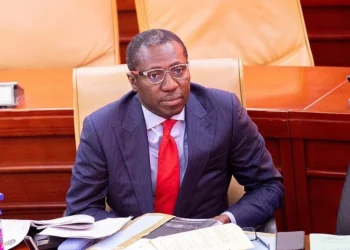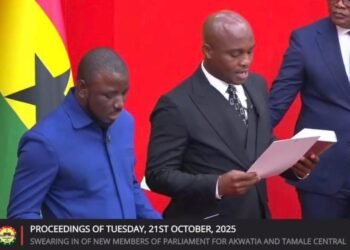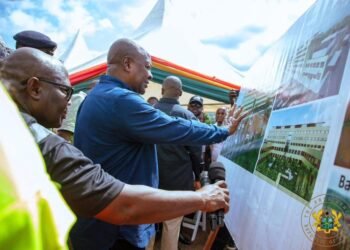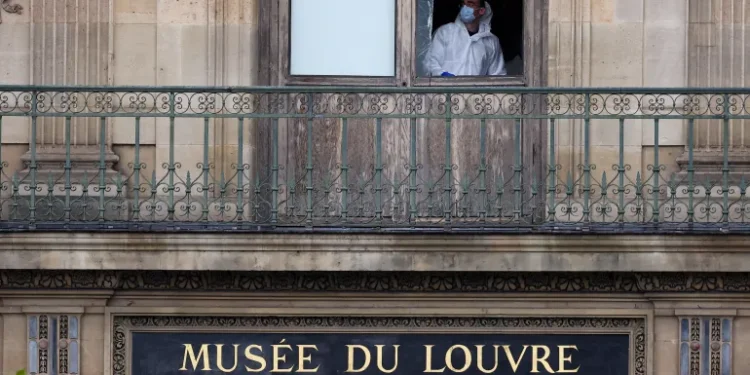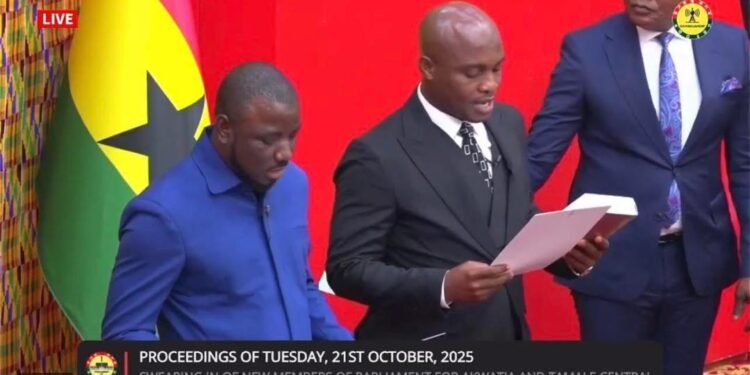Emeritus professor of economics and former vice chancellor of the University of Ghana, Professor Ernest Aryeetey, has asserted the inaccuracy of the widely held view that democracy has failed African states. Instead, he argued that it is the Africans who have not used democracy in the right way.
He admitted that democracy has not yielded the results as expected of it by Africans. However, he made the point that it is not democracy by itself that will produce the results so expected; rather, it is the human resource spearheading the democratic processes.
“Democracy has not delivered what it should for Africa. That is true, but it has not failed Africa. Africa has not used democracy properly. Africa has abused democracy, not taken advantage of the opportunities that could come from democracy.”
Professor Ernest Aryeetey, Emeritus Professor of Economics and Former Vice Chancellor of the University of Ghana
Prof. Aryeetey cited the 1992 constitution of Ghana to emphasize his argument, noting that the many challenges Ghana is faced with, are not to be blamed on the constitution.
He argued that the actual problem lies in the bosom of the human resource in charge of implementing and enforcing the dictates of the constitution.
“So, if I think about the constitution of Ghana, the problem we have in Ghana is not the constitution. The problem is the people responsible for implementing or enforcing the constitution.
“The problem is the new culture, a political culture that we created riding on the back of democracy or hiding behind democracy.”
Professor Ernest Aryeetey, Emeritus Professor of Economics and Former Vice Chancellor of the University of Ghana
Prof. Aryeetey noted that the constitution that supposedly should build independent institutions capable of checking and regulating executive power has now been turned into a constitution that empowers the executive president to the extent of undermining the powers of independent institutions.
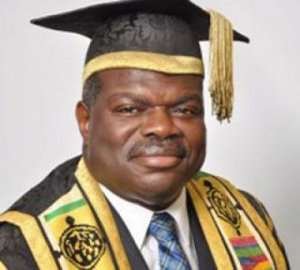
He further stated that over the years the institutions that ought to regulate and place a limitation on the powers of political leadership have now been destroyed and made irrelevant.
“We created, using the Constitution, a presidency that should theoretically be constrained in the exercise of its power by a judiciary, by a legislature, and so on.
“We have watched over the years as politicians from both major parties destroy the institutions that are supposed to be keeping an eye on what they do. You know, we have destroyed the judiciary.”
Professor Ernest Aryeetey, Emeritus Professor of Economics and Former Vice Chancellor of the University of Ghana
He also underscored the point of political manipulation of the public service whereby politicians determine the actions of public servants.
“We have destroyed the public service completely. Today, there is hardly a civil servant that can tell any politician, This is the right thing to do. Everybody is afraid. We have turned every civil servant into a politician.”
Professor Ernest Aryeetey, Emeritus Professor of Economics and Former Vice Chancellor of the University of Ghana
He made the point that everyone, including the parliamentarians, judges, and even university lecturers are often concerned about the political implications of their utterances.
He argued that a situation has been created whereby everyone appears to render their stewardship to one person, the executive president.
“We have allowed people to entrench themselves in positions where everybody is beholden to one person, where even judges are afraid of what the president’s office will say.”
“I am not talking about the current situation, but it is something that we have allowed. Judges giving judgments in court are thinking about what the government will say.”
Professor Ernest Aryeetey, Emeritus Professor of Economics and Former Vice Chancellor of the University of Ghana
He emphasized that the president is in a position to lead a process of change whereby he brings his vision to bear with the aspirations of the country and directs his subordinates to carry out the said vision.
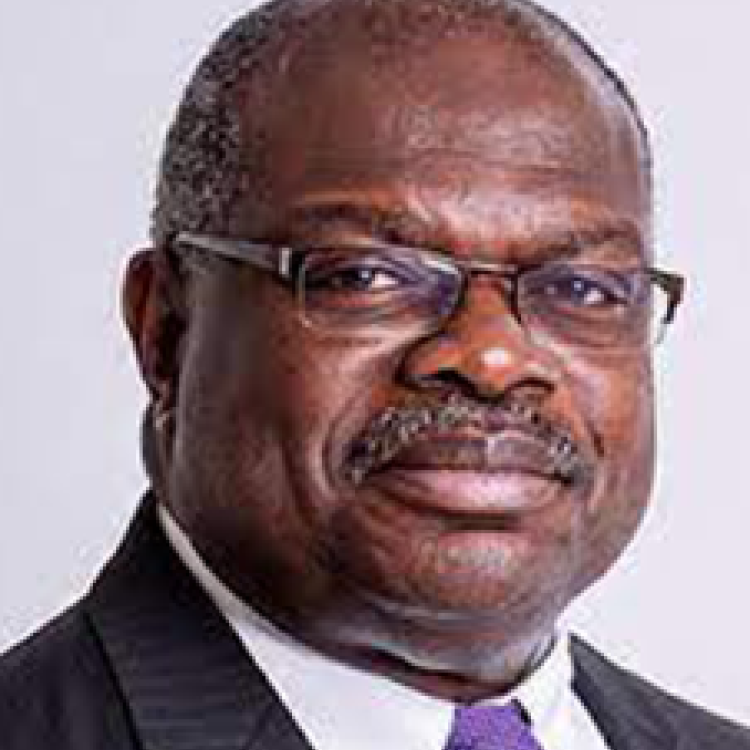
However, he noted that such has not always worked as a result of where the interest of leadership lies. That is “when our interests move from nation building to survival as a political party, when our interests move to how do we ensure that our party remains in power beyond eight years.”
Prof. Aryeetey emphasized that a certain culture has been created whereby everyone’s focus is on how to hang on to power for as long as possible. He noted that this culture is not only a thing of the political class; it extends to the civil servants as well.
“All our attention is on how to remain in power, whether we are ministers, whether we are parliamentarians, whether we are civil servants, even today, whether we are soldiers or policemen, it’s all about how we, in our group, remain in power. Because being in power brings us many, many benefits.”
Professor Ernest Aryeetey, Emeritus Professor of Economics and Former Vice Chancellor of the University of Ghana
For him, these issues are not the result of a proper implementation and enforcement of the constitution, so one cannot make the argument that democracy has failed Africa. Rather, Africans have decided to hide behind democracy to pursue personal gains.
READ ALSO: Africa’s Digital Revolution Hinges on Cross-Border Interoperability – Telecom Chamber Boss Declares





